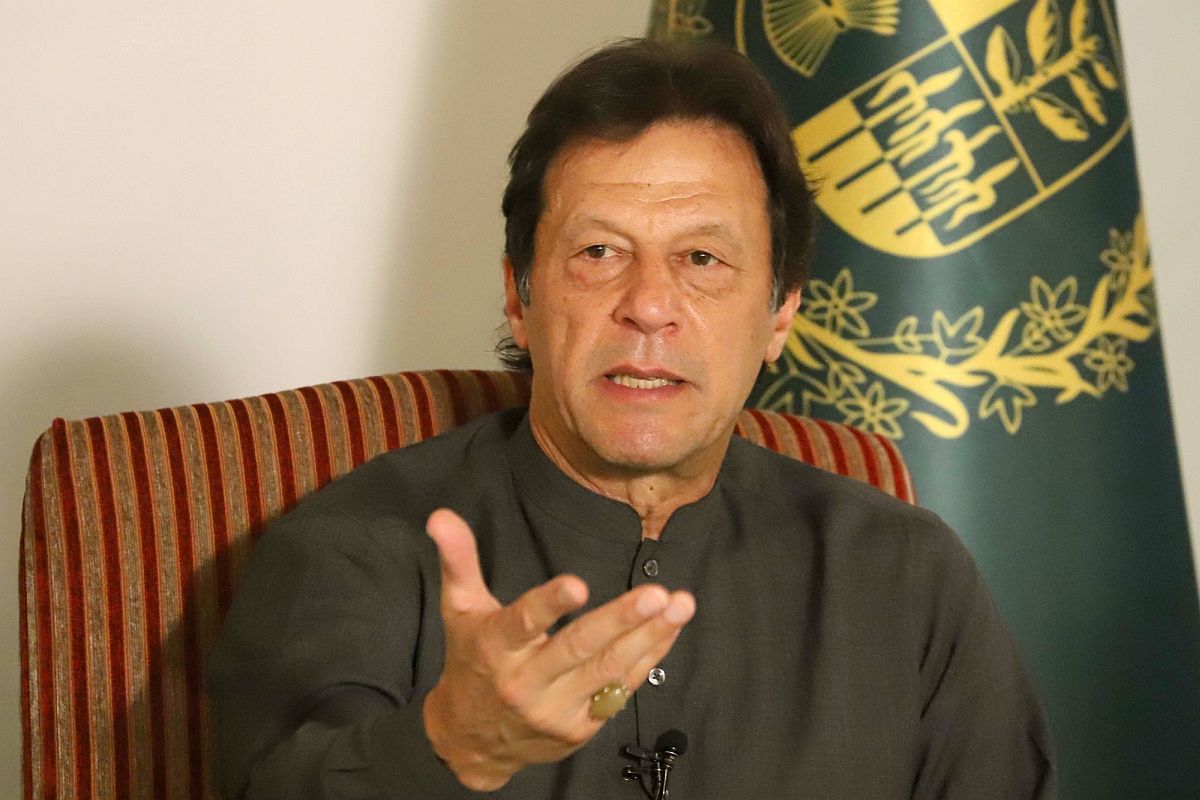Pakistan has failed to fully comply with all the parameters set by the UNSC especially with regard to taking action against designated terrorists such as Hafiz Saeed as well as outfits like Jaish-e-Mohammed and the Lashkar-e-Taiba, the Asia-Pacific Group of the global watchdog for terror financing and money laundering, FATF said in its report on Monday.
Islamabad has partially complied with 36 of the 40 parameters set by the Financial Action Task Force (FATF) at the time of the country’s inclusion in the grey list.
The long-awaited 228-page report, titled “Mutual Evaluation Report 2019” was published on Saturday, a week before the FATF is set to announce its decision to remove or retain Pakistan in its grey list.
The report said Pakistan’s performance on international cooperation was moderate.
The APG report according to news agency ANI stated that Pakistan “has not taken sufficient measures to fully implement UNSCR 1267 obligations against 26/11 mastermind Hafiz Saeed and other terrorists associated with LeT, JuD among other terror groups”.
It further said that Islamabad should adequately identify, assess and understand its Money Laundering/Terror Financing risks including transnational risks and risks associated with terrorist groups operating in Pakistan.
The report would provide a basis for the FATF to make its decision in an upcoming Paris meeting scheduled for October 13-18, keeping in view Pakistan’s compliance with the parameters it had set earlier.
However, it pointed out that Islamabad only missed four of the total 40 parameters that it was to follow in order to be effectively removed from the list.
The FATF had in August put Pakistan in the “enhanced expedited follow-up list” (blacklist) for its failure to meet its standards. The global watchdog for terror financing and money laundering had found that Pakistan was non-compliant on 32 of the 40 compliance parameters of terror financing and money laundering.
Earlier in June this year, Pakistan government wanted to avoid being pushed into the ‘blacklist’ of the Financial Action Task Force (FATF) by garnering the support of at least three member states of the global financial watchdog.
The temporary breather for Pakistan came as a result of desperate efforts made by the Imran Khan government to garner the support of FATF member countries to counter the looming threat of a ‘blacklist’ push from the existing ‘grey’.
FATF has, meanwhile, warned Pakistan of action against it if the country does not improve its counter-terror financing operations in line with an internationally agreed action plan by October.
The FATF last year placed Pakistan on the grey list of countries whose domestic laws are considered weak to tackle the challenges of money laundering and terror financing.
After an on-site assessment of the steps taken by Pakistan to curb terror financing and money laundering, a FATF team had in October last year finalised a report with 40 recommendations for de-listing Islamabad from its grey list from September this year.












